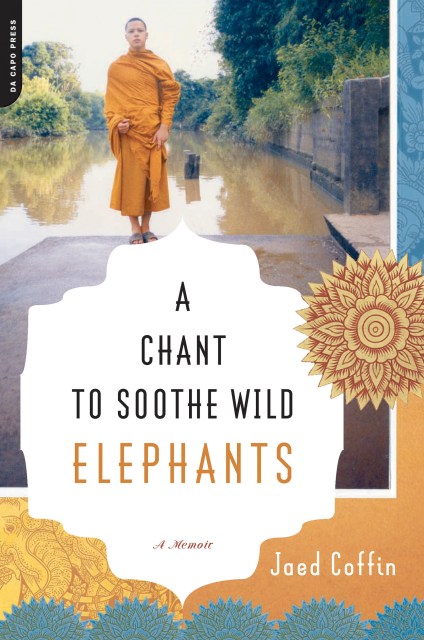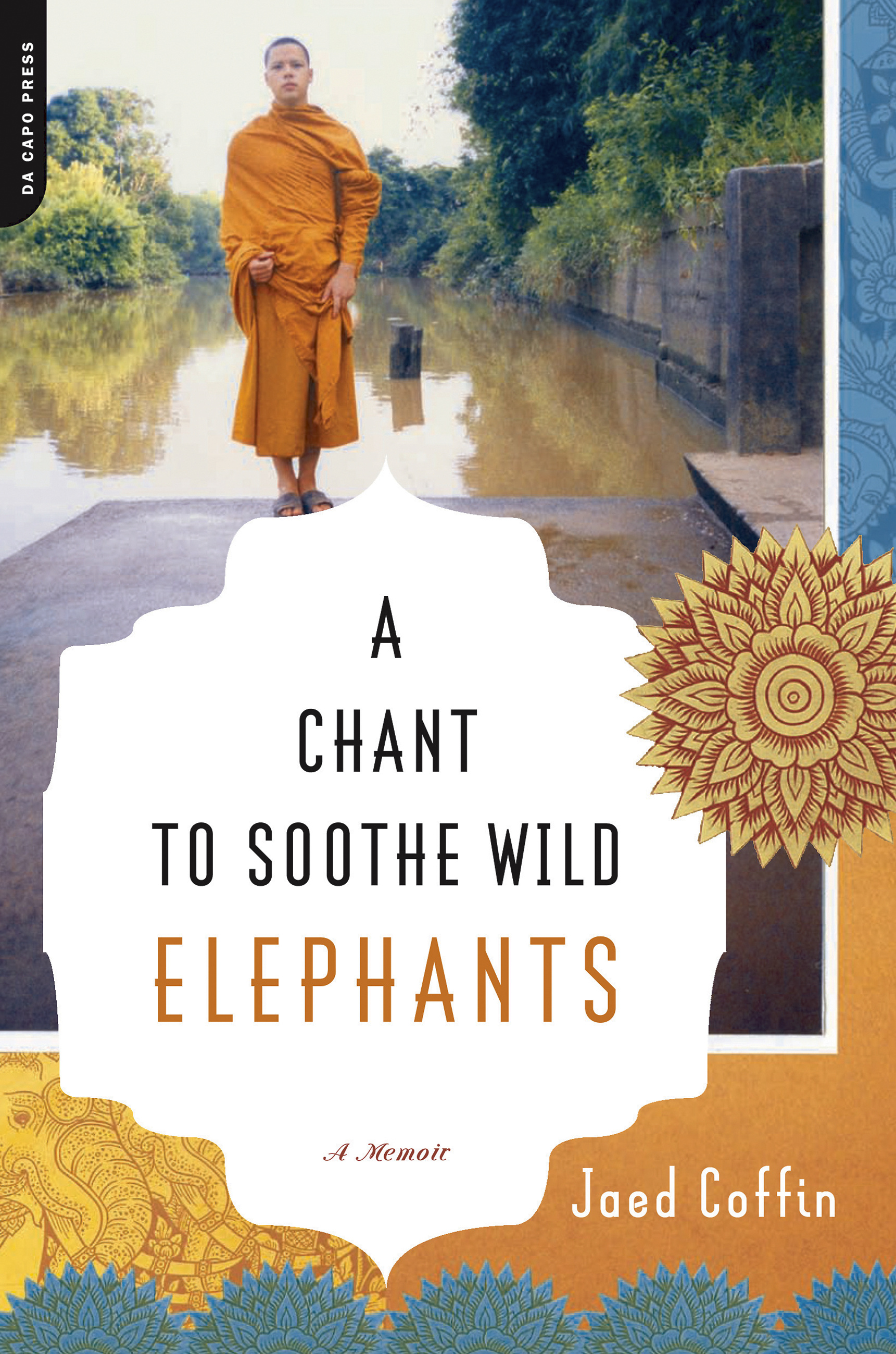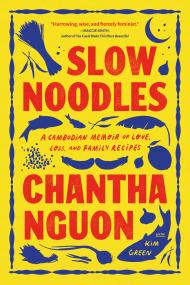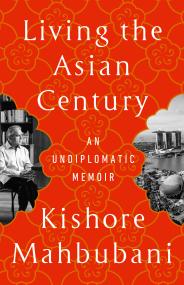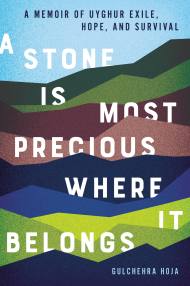By clicking “Accept,” you agree to the use of cookies and similar technologies on your device as set forth in our Cookie Policy and our Privacy Policy. Please note that certain cookies are essential for this website to function properly and do not require user consent to be deployed.
A Chant to Soothe Wild Elephants
Contributors
By Jaed Coffin
Formats and Prices
- On Sale
- Jan 8, 2008
- Page Count
- 224 pages
- Publisher
- Da Capo
- ISBN-13
- 9780306815263
Price
$19.99Price
$25.99 CADFormat
Format:
Trade Paperback $19.99 $25.99 CADThis item is a preorder. Your payment method will be charged immediately, and the product is expected to ship on or around January 8, 2008. This date is subject to change due to shipping delays beyond our control.
Buy from Other Retailers:
Six years ago at the age of twenty-one, Jaed Muncharoen Coffin, a half-Thai American man, left New England’s privileged Middlebury College to be ordained as a Buddhist monk in his mother’s native village of Panomsarakram–thus fulfilling a familial obligation. While addressing the notions of displacement, ethnic identity, and cultural belonging, A Chant to Soothe Wild Elephants chronicles his time at the temple that rain season–receiving alms in the streets in saffron robes; bathing in the canals; learning to meditate in a mountaintop hut; and falling in love with Lek, a beautiful Thai woman who comes to represent the life he can have if he stays. Part armchair travel, part coming-of-age story, this debut work transcends the memoir genre and ushers in a brave new voice in American nonfiction.
-
Tricycle
“It’s worth reading this book twice. Once for the story—absorbing and, at times, amusing—and once more for the poetry: crystalline observations of people and place that float alongside the narrative. What could have been a simple coming-of-age tale is, in Coffin’s hands, a wry, at times lyrical commentary on cultural identity and Buddhist practice.”
Newsletter Signup
By clicking ‘Sign Up,’ I acknowledge that I have read and agree to Hachette Book Group’s Privacy Policy and Terms of Use
